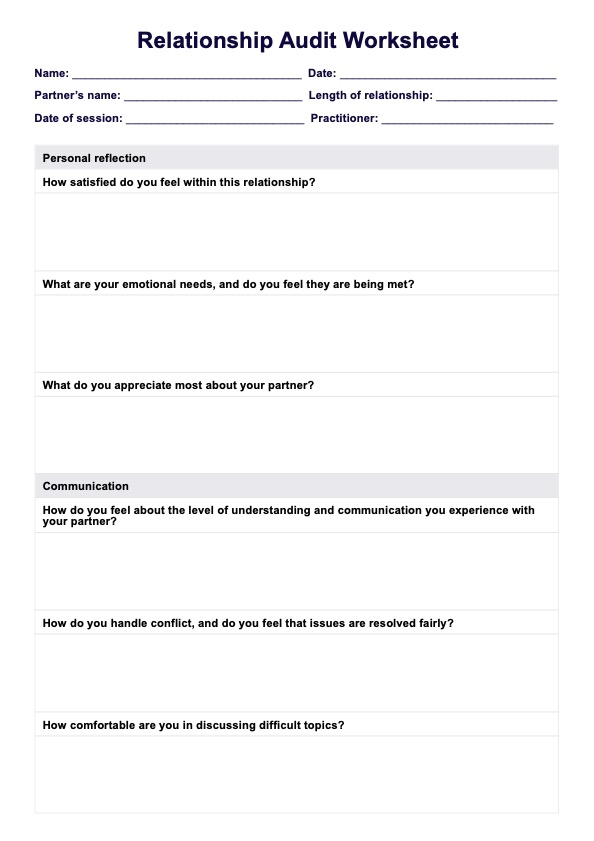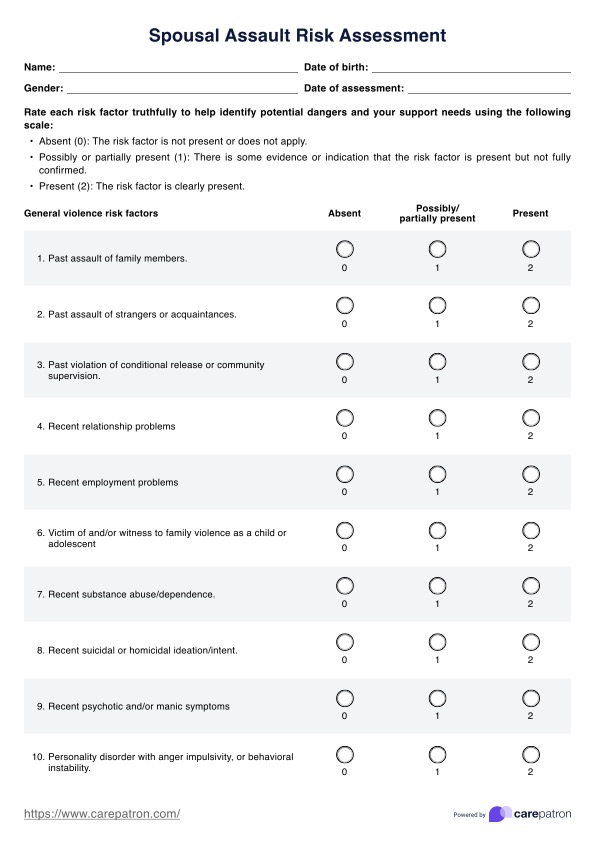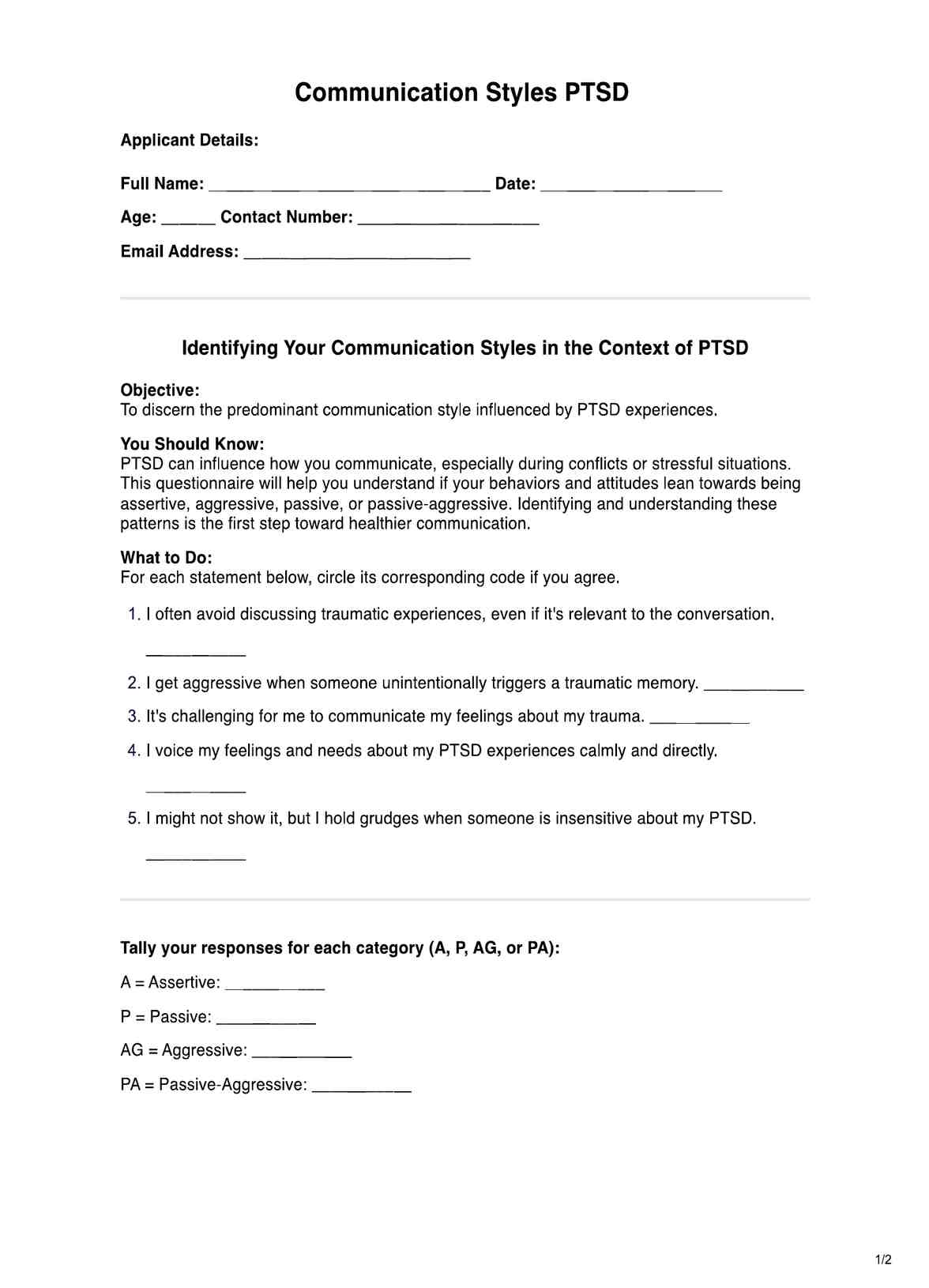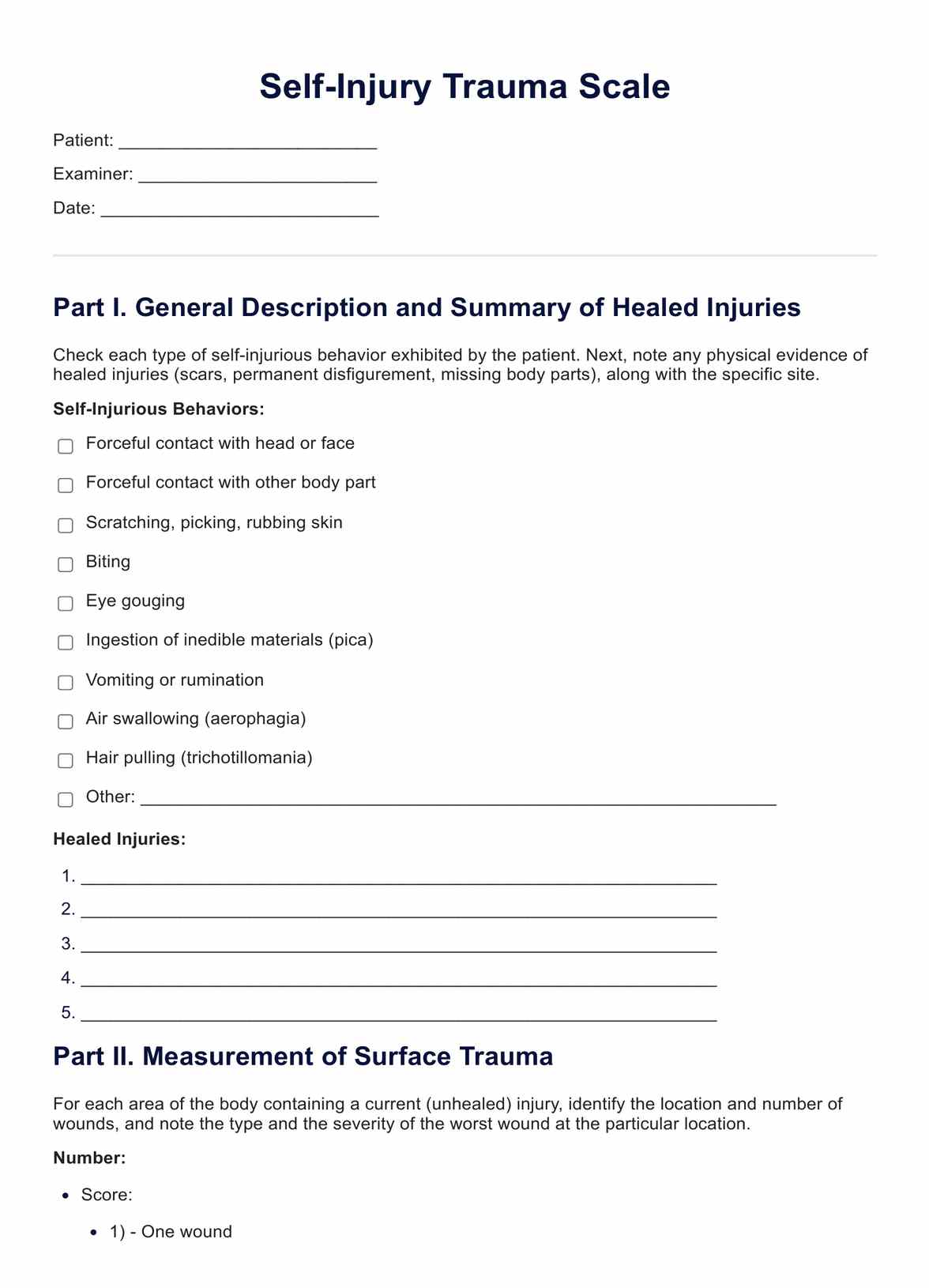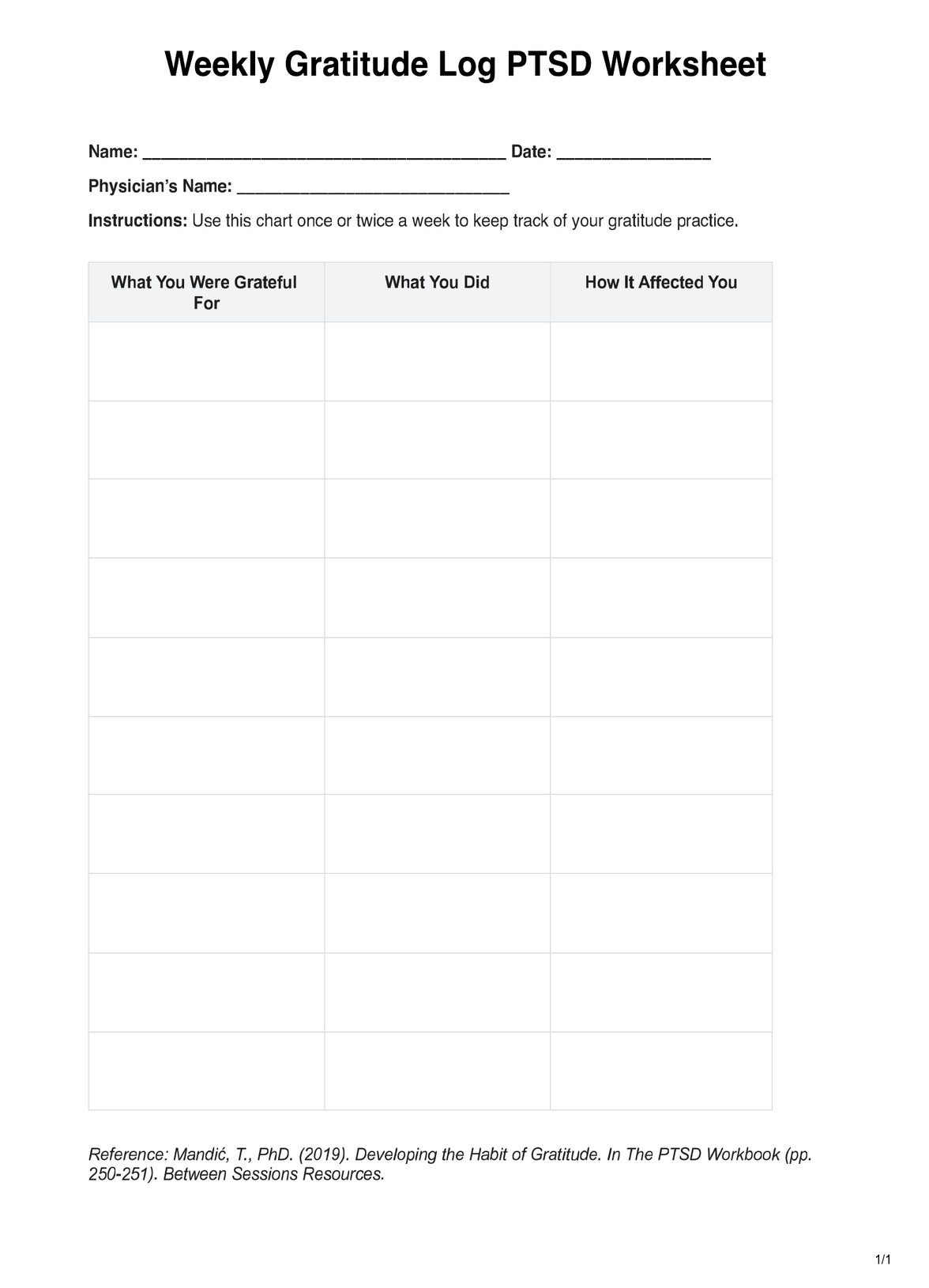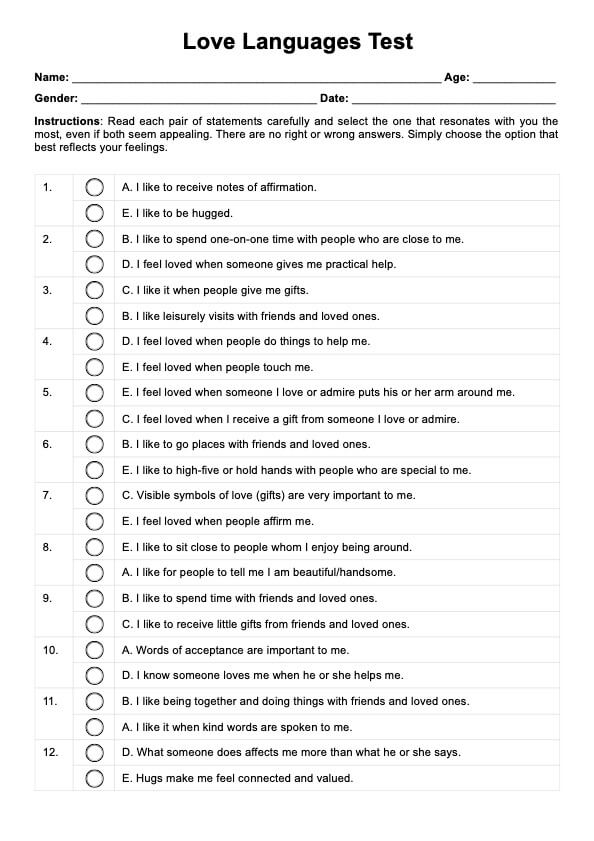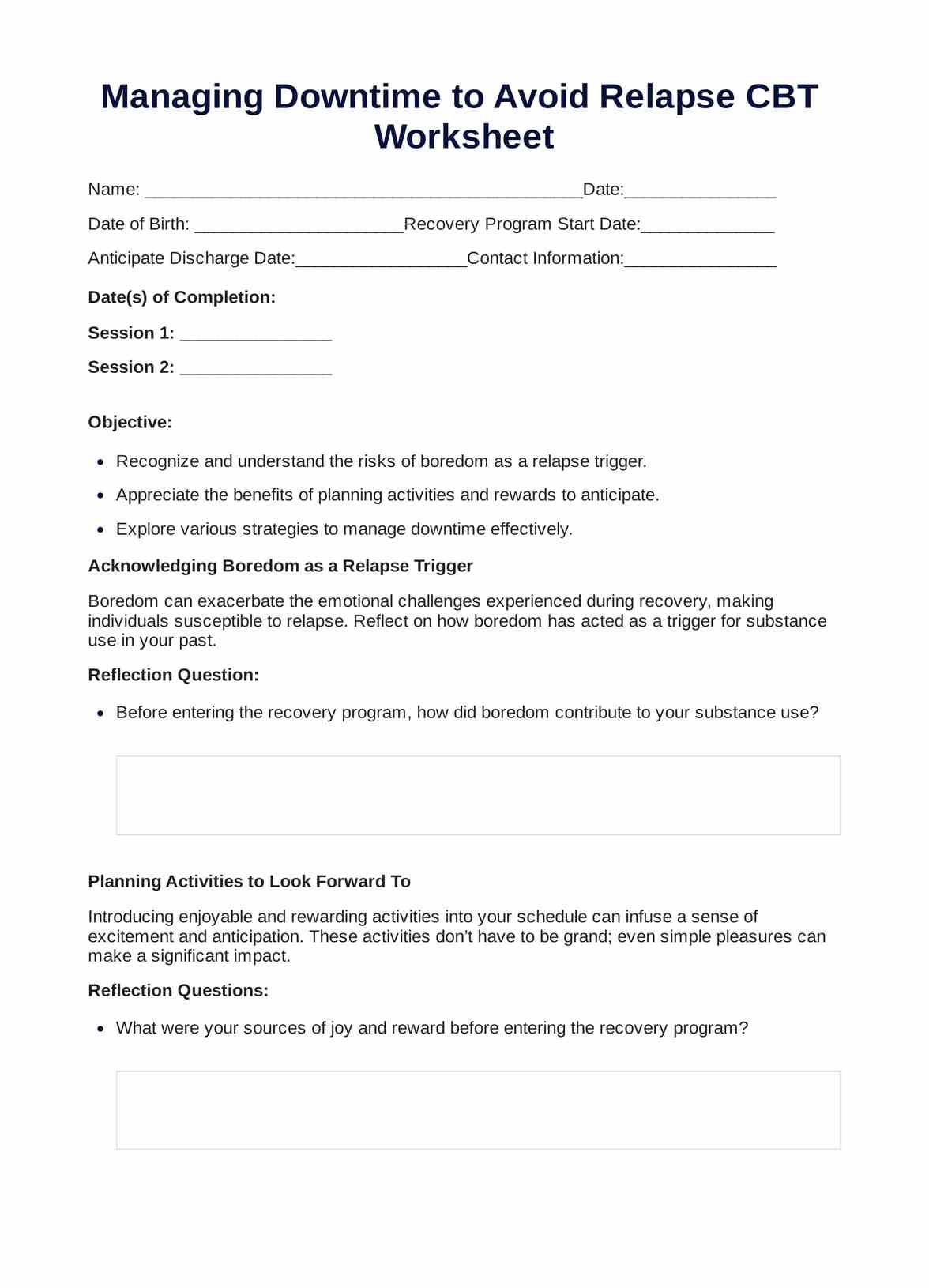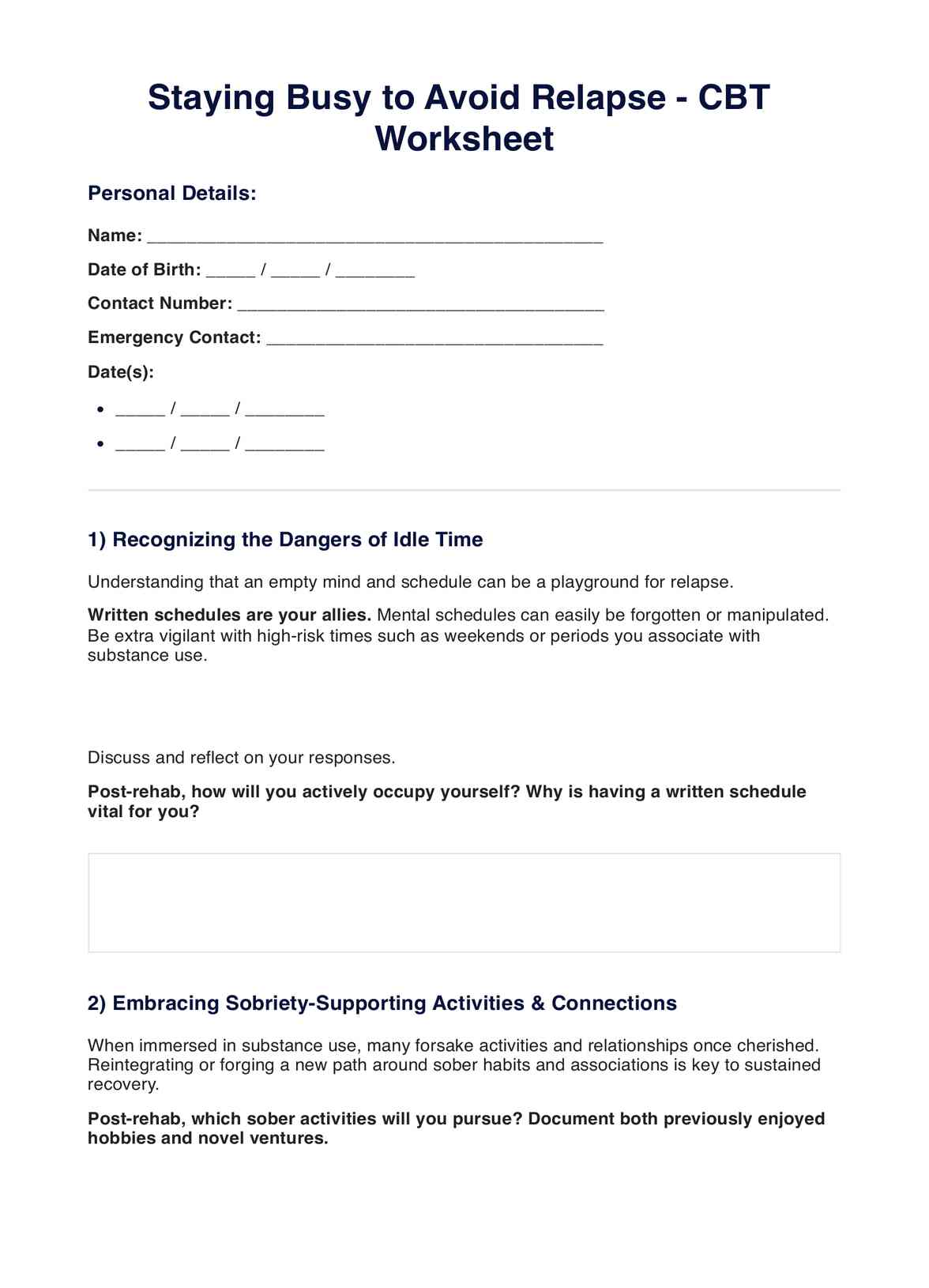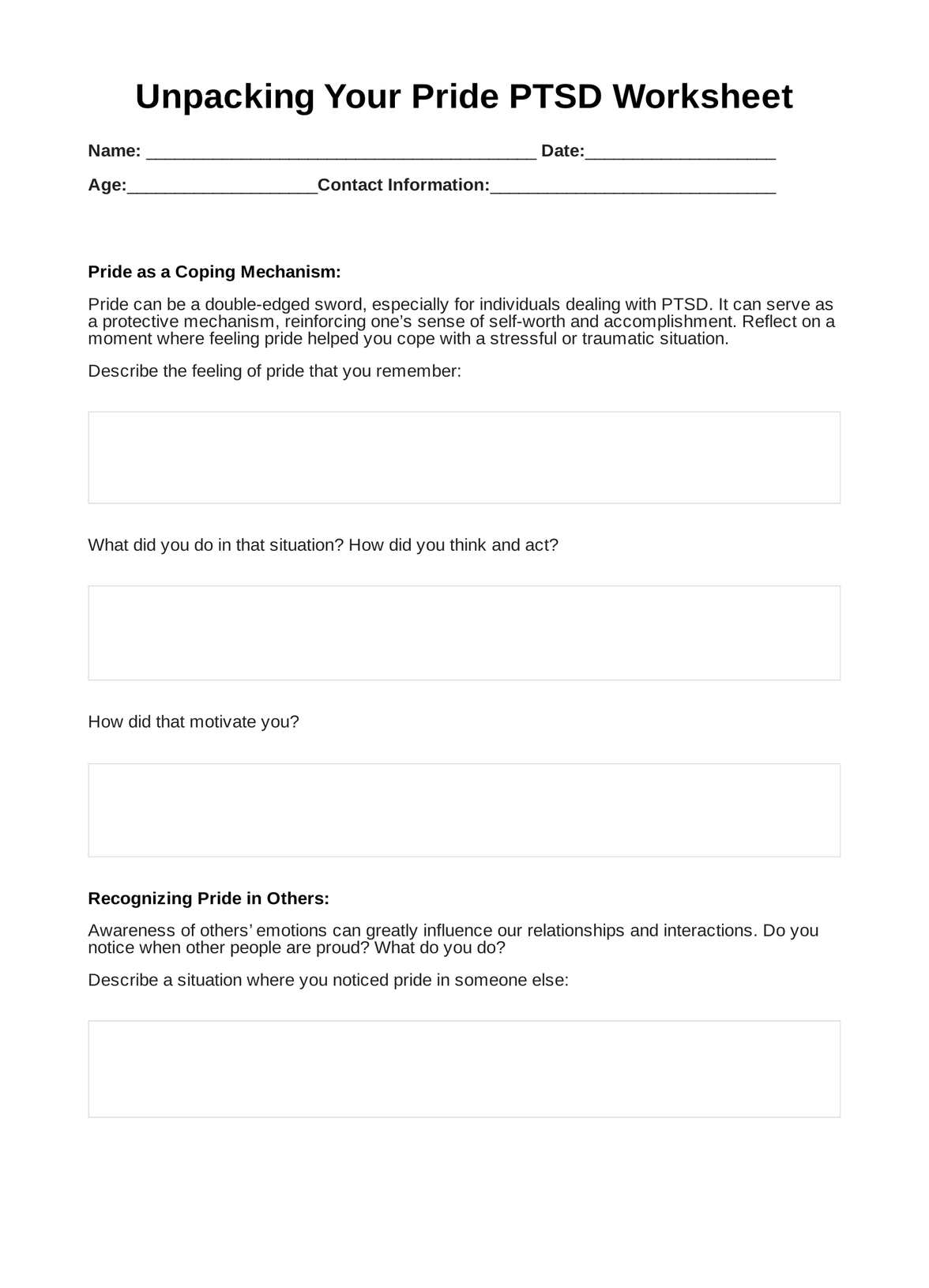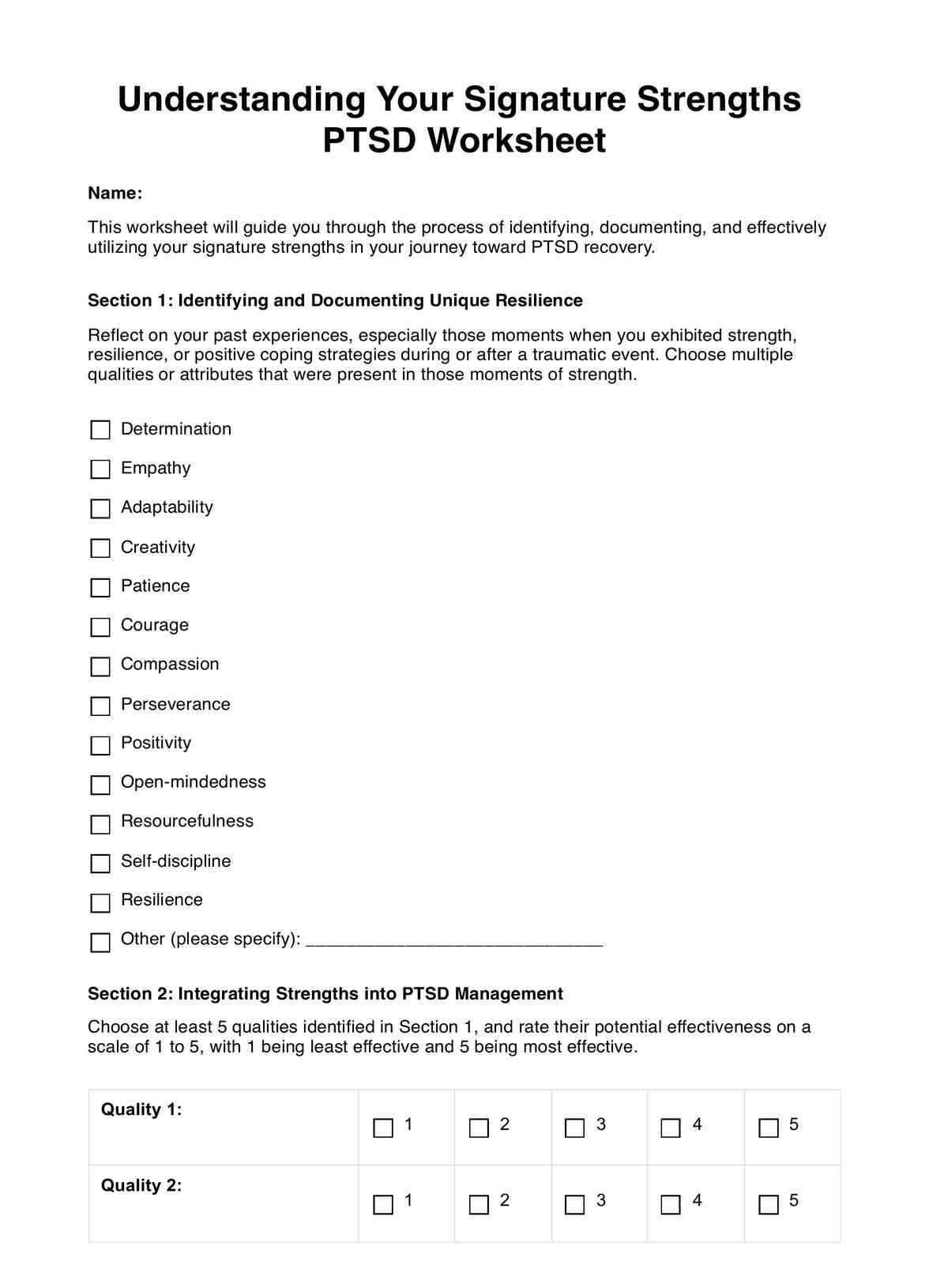Nurse Satisfaction Survey
Explore key insights from the Nurse Satisfaction Survey to enhance nurse wellbeing and address critical factors impacting job satisfaction. Read more!


What is a Nurse Satisfaction Survey?
A nurse satisfaction survey is a questionnaire designed to get feedback from nurses regarding their roles and levels of satisfaction with the institutions they work for. As staff turnover rates are higher for nursing than most other disciplines in the healthcare industry, it is vital that employers can accurately and comprehensively identify and address workplace problems.
Satisfaction surveys provide employers with a platform to gain actionable insights into how the working environment, management systems, and compensation can be improved for nursing staff. These surveys aim to pinpoint day-to-day issues and nurse perceptions of employers, immediate managers, co-workers, salaries, and more.
Distributing a thorough satisfaction survey to nursing staff at regular intervals can identify trends and improve long-term staff retention. Accurately gauging satisfaction levels helps healthcare organizations to build a better work environment, prevent nursing shortages or strikes, improve professional relationships, and strive for better patient care.
Nurse Satisfaction Survey Template
Nurse Satisfaction Survey Example
How to use this Nurse Satisfaction Survey
Our Nurse Satisfaction Survey sample is straightforward and easy to use tool for gauging overall satisfaction. Here's a breakdown on how to use it:
Step 1: Access the template
To access the template, click the "Use template" button on this page. This link will open the template in the Carepatron app, where it can be easily customized. Alternatively, click the "Download" button to access a ready-to-go PDF version.
Step 2: Customize the template
Write the organization name in the designation fields. Remove any questions that are not relevant to healthcare providers at your organization. Add any questions that are specific to your work environment in the designated field.
Step 3: Distribute the template
Distribute the customized satisfaction survey to each registered nurse in your employ. It is best practice to collect their answers anonymously. You may wish to set a completion due date.
Step 4: Analyze the survey results
Use the Nurse Satisfaction Survey results to generate insights into the average satisfaction level among nursing staff. It may be a good idea to have an independent or third party analyse the results to maintain nurse anonymity and to prevent biased interpretations from management or senior staff, especially in a smaller hospital or practice.
What are the benefits of using nurse satisfaction surveys?
This survey template has been designed to collect feedback on nurse job satisfaction to determine what aspects of a healthcare workplace require improvements. Nurses can provide in-depth feedback regarding their work, patients, training opportunities, income, colleagues, managers, and equipment. Here's some of the key advantages:
Improved working conditions
This survey has been designed to facilitate understanding between nursing staff and their employers about the work environment and occupational grievances. This understanding allows management to take steps towards improving working conditions for nurses, helping to create a fair and equitable system. The aim of this survey is ultimately help nurses receive appropriate compensation and treatment, maintain work-life balance, and avoid burnout.
Specific data
Nurse Satisfaction Survey questions are designed to thoroughly and specifically measure nurse satisfaction, providing healthcare organizations with precise data about job satisfaction and mental health within the nursing practice. The questionnaire format allows healthcare organizations to gain actionable and constructive feedback based on facts, rather than emotional or biased reports that could further damage working relations or be difficult to implement.
Improved patient care
By taking steps to understand and improve nurse satisfaction, healthcare companies can improve patient outcomes. Dissatisfied staff, high staff turnover, and strikes can all cause interruptions that may impact the quality of care delivered to patients.
Employee engagement
Using this Nurse Satisfaction Survey can help with employee retention and engagement by signalling a genuine and fair attempt by the employer to understand their employee's perspectives. As long as Nurse Satisfaction Survey results are taken seriously, this increases good faith between nursing administration and staff. Decreasing nurse turnover ultimately optimizes healthcare delivery, which is beneficial to all parties.
Commonly asked questions
This template is designed as a simple-to-use resource for healthcare institutions to measure nurse satisfaction levels. Results from Nurse Satisfaction Surveys are used to implement strategies to improve nurse satisfaction across all aspects of their job (including wages, working conditions, management, job security, facilities, etc.) The nurse satisfaction survey is aimed at creating fairer workplaces for healthcare providers and ensuring quality patient care.
There are many reasons why senior members of hospitals and healthcare organizations need to gauge nurse satisfaction levels. For one, it creates streamlined communication between nurses and their superiors. If nurses are unsatisfied with their workplace, this may reflect in their performance and affect how patients are treated. Using a Nurse Satisfaction Survey is the first step towards ensuring fair, quality working environments for nurses, which can ultimately improve nurse retention and avoid staff shortages.
If certain patterns or common complaints are recognized when organizations gather feedback on nurse job satisfaction, there are several possible actions depending on the severity of the issue and how easy it is to fix. Financial and equipment-based issues can be directed to the relevant decision-making bodies to review and develop solutions. Complaints surrounding the workplace culture or specific people may warrant internal investigations.
There are several times when it may be appropriate to issue a survey targeted at improving nurse satisfaction. During mid-year or end-of-the-year evaluations of registered nurses is a good way to ensure current feedback is gathered at regular intervals. Soon after new employees have joined the unit is a good way to ensure staff are cared for from the beginning of their employment. Finally, when general dissent or dissatisfaction is apparent, this survey can be a productive way to channel complaints.


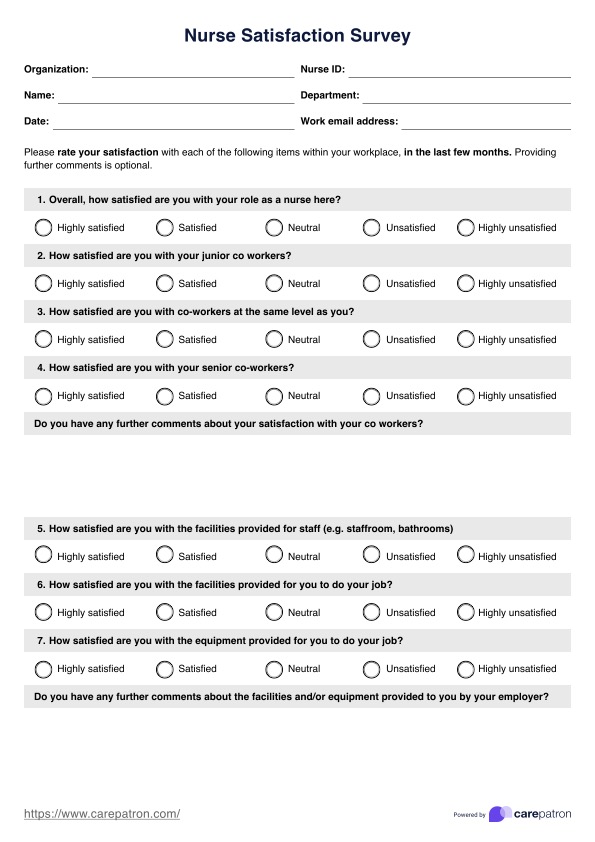
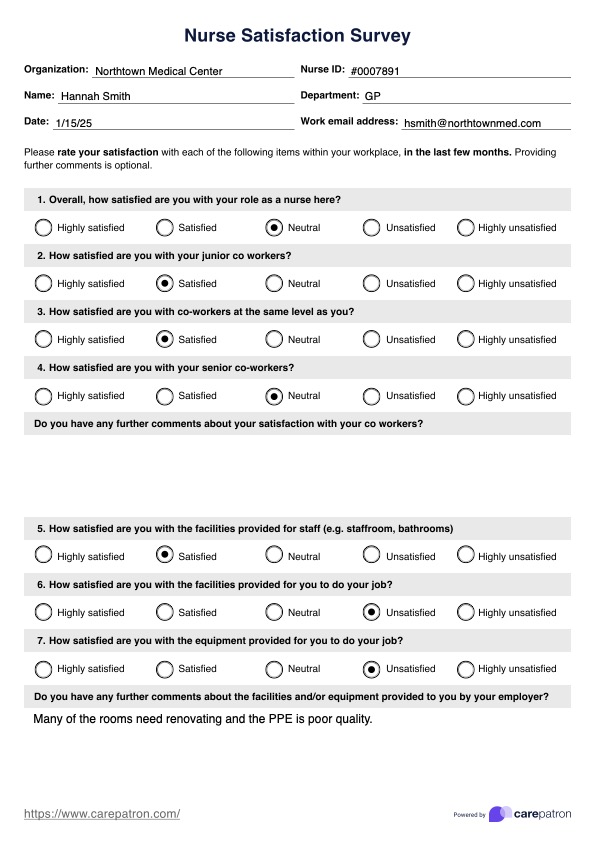

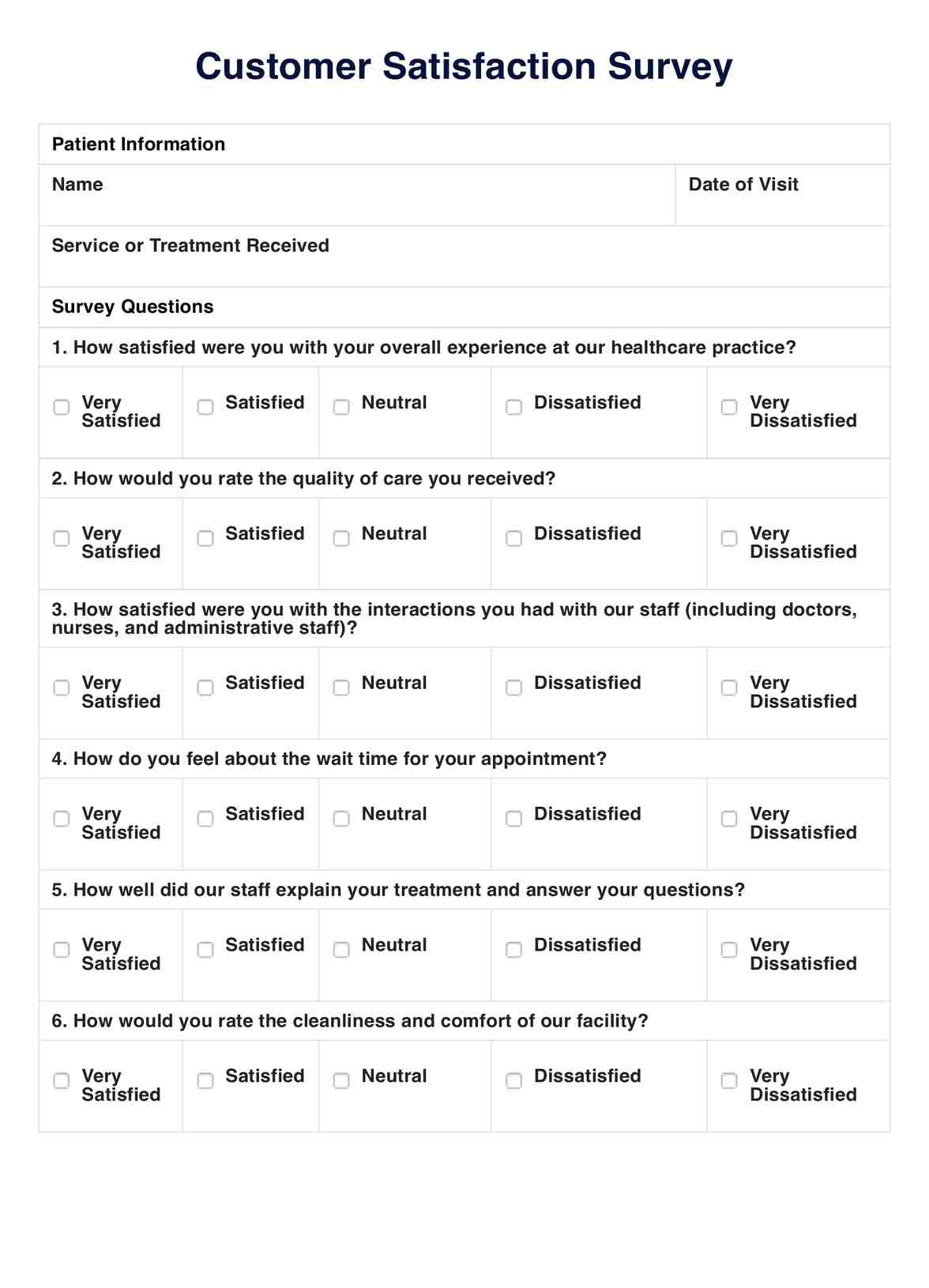













-template.jpg)


